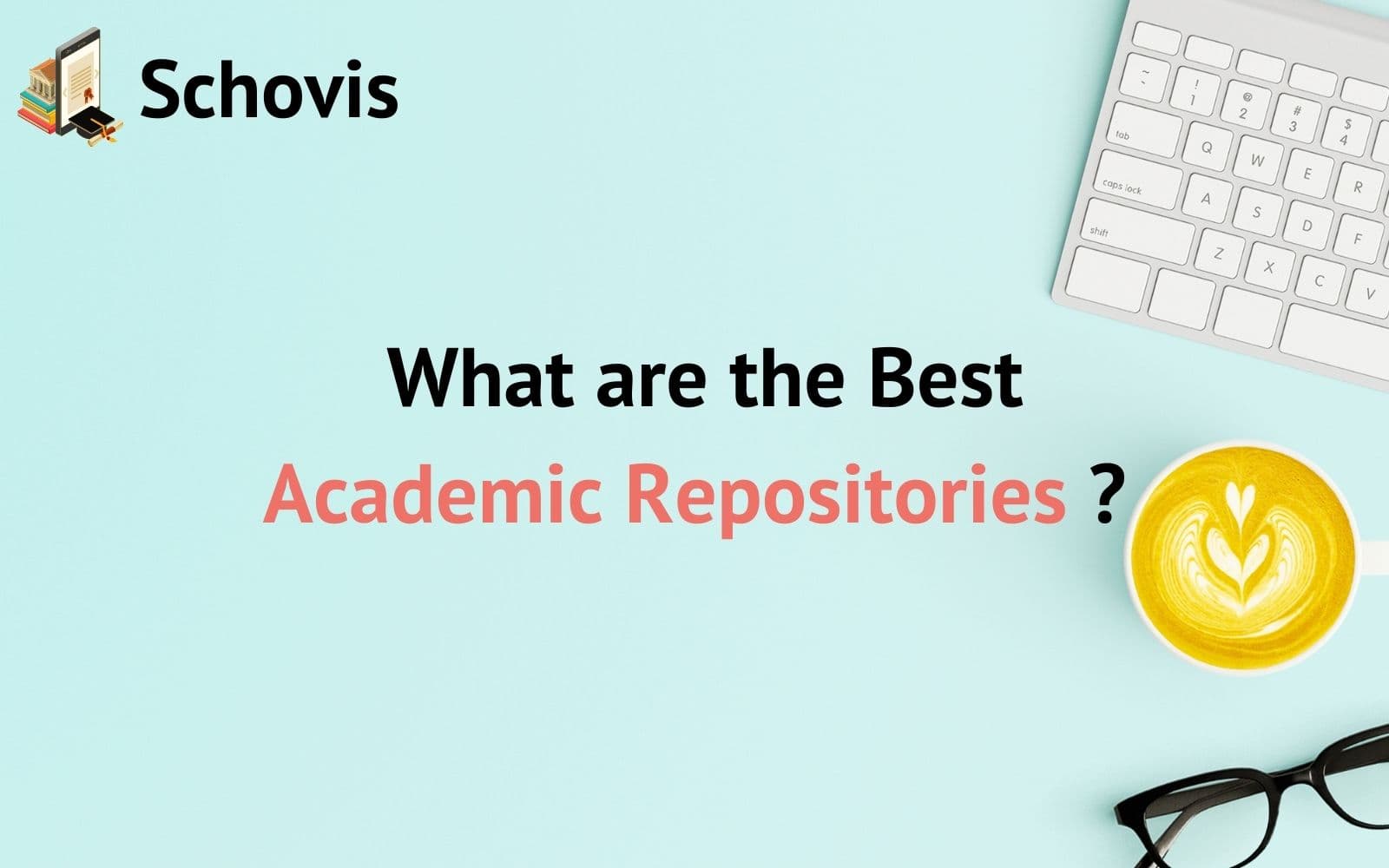Navigating Knowledge Seas: Exploring the Best Academic Repositories for Research

Academic research is tough; we know it. Keeping up with the advancement is getting more and more difficult as the number of research articles increased by 8-9% per year over the last decade.
Finding reliable repositories of research articles is essential for scholars and enthusiasts alike. These repositories house a treasure trove of scholarly resources, from articles and papers to datasets and primary sources. In this post, we'll be covering the most valuable repositories that cater to a diverse range of research interests. From open-access platforms to specialized archives, these repositories offer a wealth of information waiting to be explored.
1. PubMed Central: A Hub of Biomedical Literature
PubMed Central is a vital repository for researchers in the biomedical field. Hosted by the National Library of Medicine, offers free access to a vast collection of biomedical and life science literature. With its user-friendly search interface and open access policy, researchers can dive into cutting-edge research and clinical studies.
2. arXiv: Pioneering Preprints and Research
I assume all tech people are familiar with arXiv at this point. It is a gold mine for early-stage research and preprints. arXiv is an especially renowned repository in fields like physics, mathematics, computer science, and more. Researchers can access and share their work before formal peer review, facilitating faster dissemination of new findings and fostering collaboration within scientific communities.
3. Europe PMC: Unveiling Life Sciences Insights
Europe PMC is a comprehensive resource for life sciences research. It provides access to a vast repository of articles and powerful search tools, and data mining capabilities. With its integration of text-mining resources, researchers can uncover hidden connections and insights within the scientific literature.
4. Social Science Research Network (SSRN): Connecting the Social Sciences
SSRN serves as a platform for researchers in the social sciences to share their work. This repository focuses on working papers and preprints, making it a hub for early-stage research. Scholars can access interdisciplinary research and stay informed about emerging trends.
5. DPLA: A Digital Gateway to Cultural Heritage
The Digital Public Library of America (DPLA) is a treasure trove of cultural heritage materials. It provides access to millions of photographs, manuscripts, artworks, and historical records from libraries, archives, and museums across the United States. Researchers can delve into primary sources that offer insights into history, culture, and society.
6. Zenodo: Open Access Repository for Research Data
Zenodo is a user-friendly repository that focuses on open-access research data. Researchers can deposit and share datasets, software, and other research-related materials. With its commitment to open science, Zenodo promotes transparency and collaboration in the research community.
Conclusion: Anchoring Your Research Journey
As you dive deeper into your academic expedition, these repositories stand as beacons of knowledge, ready to guide you through uncharted waters. Whether you're seeking scientific breakthroughs, cultural insights, or interdisciplinary connections, each repository offers a unique perspective and a plethora of resources. By tapping into these repositories, you can expand your horizons, uncover hidden gems, and contribute to the collective understanding that enriches our academic world.
If you’re interested in visualizing and sharing your academic portfolio, be sure to register for Schovis today!

